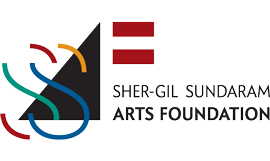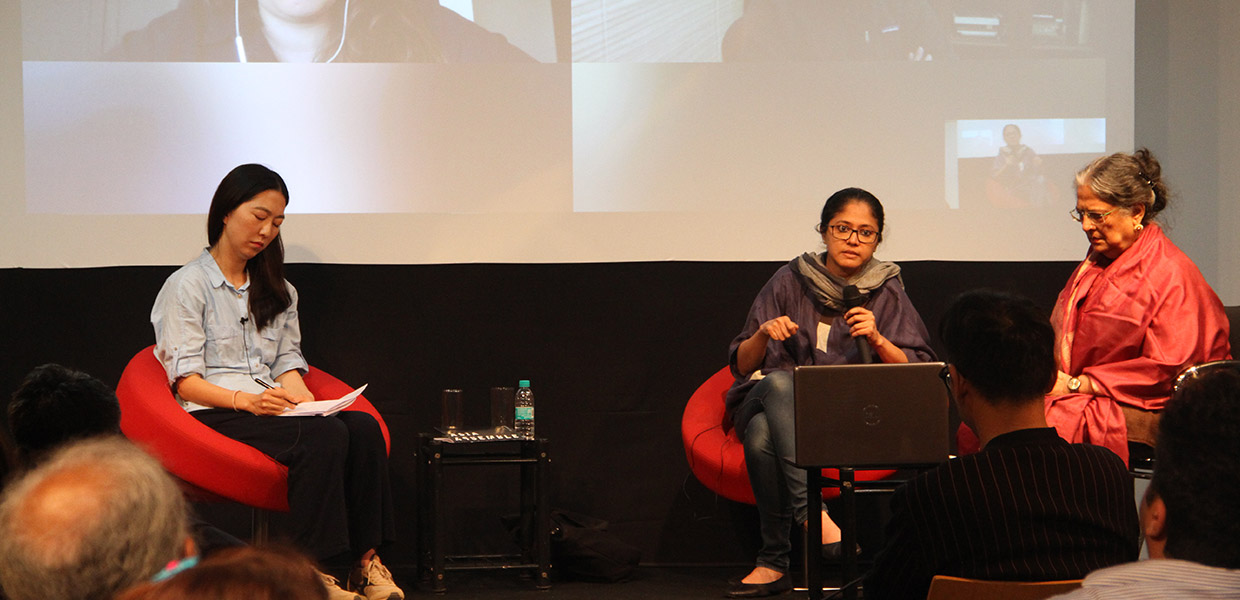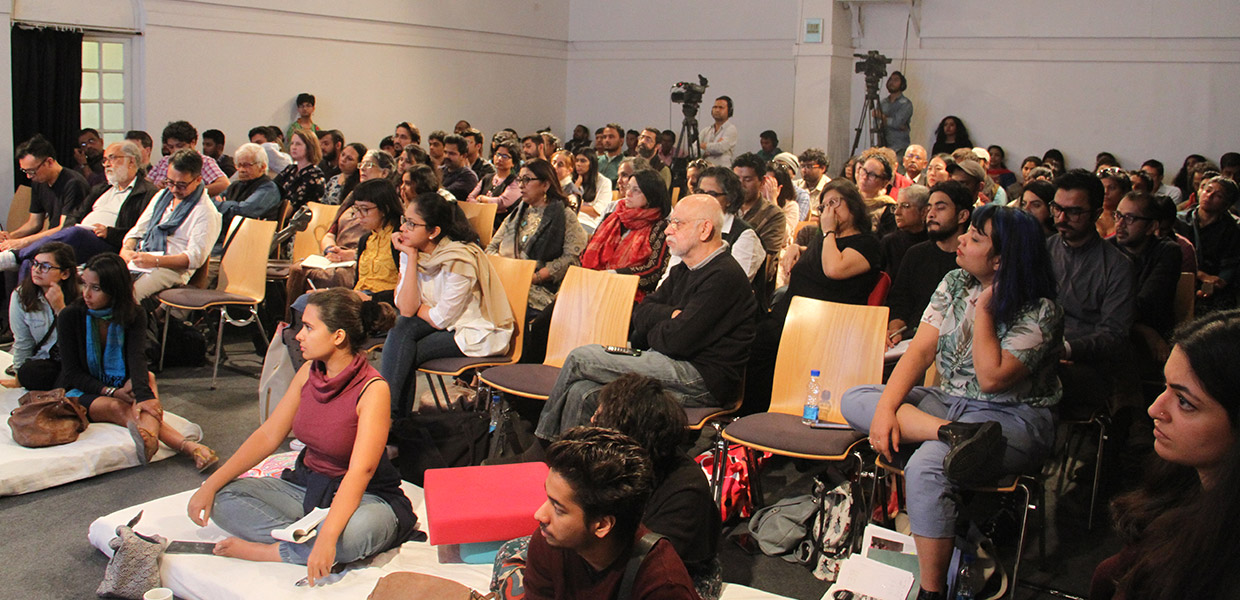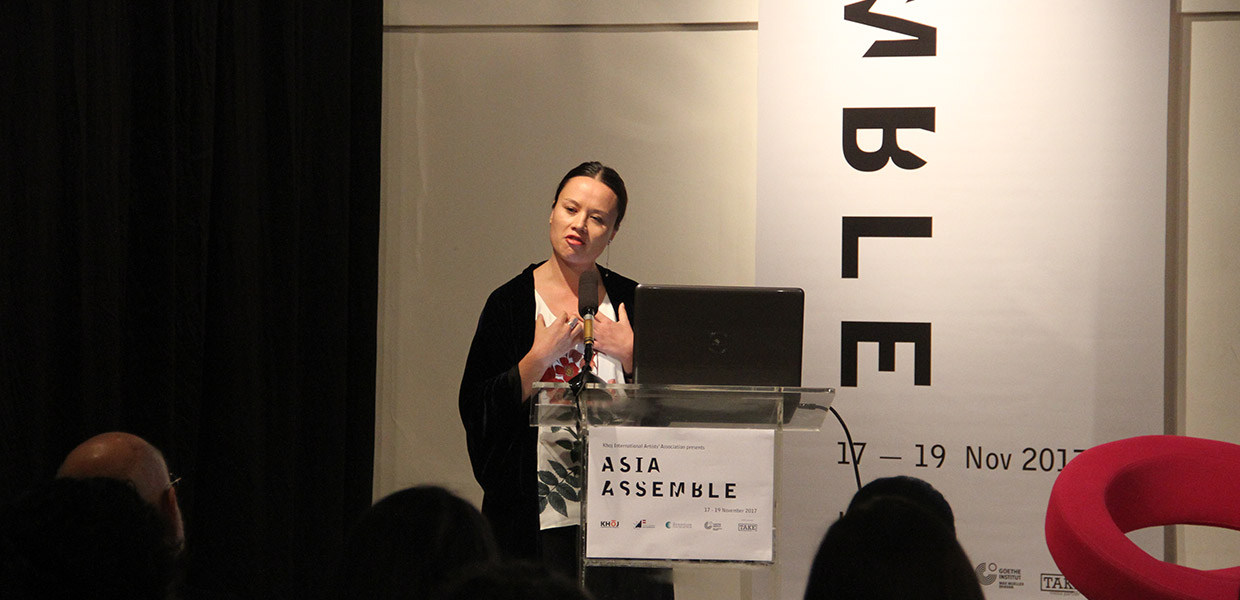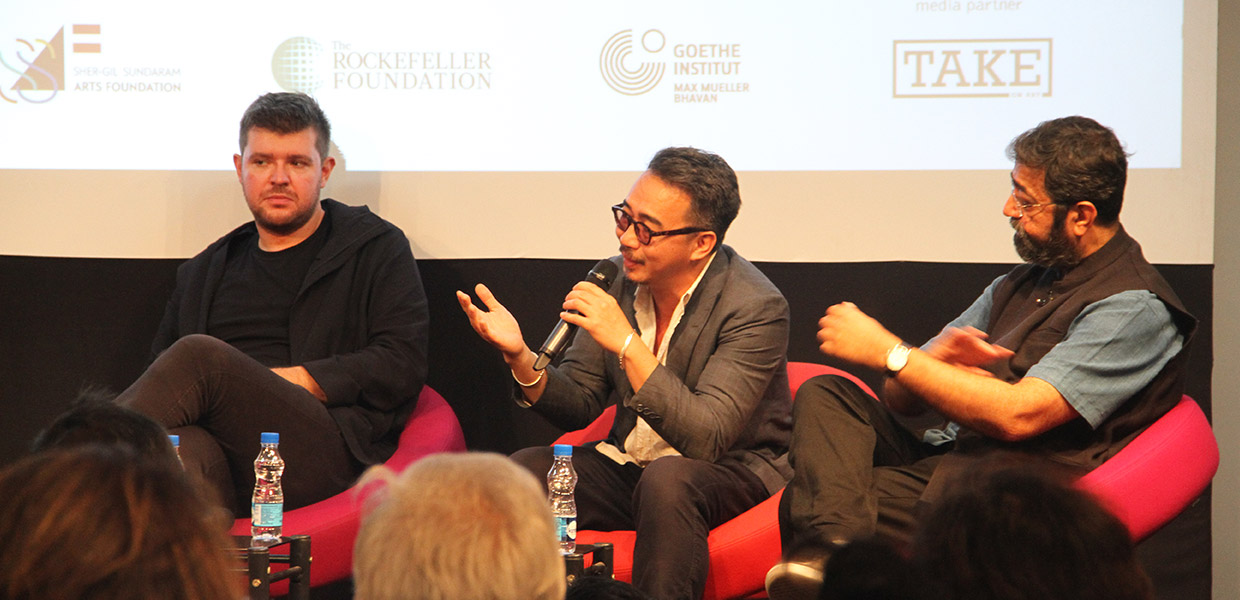Cultures of Resistance and Dissent in Asian Cities
17 – 19 November 2017 | Goethe Institut/Max Mueller Bhavan, New Delhi
Between 1405 and 1433, a Muslim eunuch led seven imperial Chinese treasure fleets to South Asia, the Arabian Peninsula and West Africa. Kidnapped by Ming armies from his home in provincial Yunnan, Admiral Zheng He, as he would come to be known, rose to power in the imperial capitals of Beijing and Nanjing. Today, he is widely celebrated as a military mastermind, a diplomatic genius and an envoy of peace. Museums, mosques and artefacts are now appearing around the region in celebration of his seven epic voyages across South Asia, Middle East and Africa. The Chinese government has pumped millions of dollars into Sri Lanka and Kenya, countries that are key nodes in China’s New Silk Route infrastructure network, to support the search for remains of his fleet. The spectral re-emergence of Zheng He and his fleet in geopolitics, visual culture and cultural diplomacy may be taken as a point of entry into the complex web of questions surrounding the iconographies, cultural appropriations and definitional instabilities of Asia.
Asia Assemble was a three-day gathering of artists, academics and arts institutions from around Asia in New Delhi. Structured as a series of moderated conversations, discussions, screenings and public presentations, Asia Assemble sought to understand the possibilities, modalities and urgencies of the arts and cultural work around Asia in 2017. In our individual, collective and organizational capacities, we continue to understand and negotiate our local, national and continental conditions to respond to immediacies in a largely ambiguous Asia. Khoj entered this conversation from the perspective that Asia has never been purely self-delimited but rather a product of interaction with other regions. New imaginations of Asia are not an affirmation of Asia-centrism but rather an attempt to overcome a logic dominated by egocentrism, exclusivity and expansionism. We asked: Where is the ‘silk’ in the New Silk Route? In an era of neoliberal governmentality, resurgent nationalism and ‘democracy with Chinese characteristics’, can we find possibilities of coexistence and communication in other Asian structures? How do the arts, receiving funding sometimes from states, sometimes from regional bodies, international organizations and multinational corporations, play into existing and emergent structurings? Through conversations, Asia Assemble aimed to provide a platform to share challenges, explore connections, discuss strategies and exchange ideas to collectively speculate on new frameworks for our times. Even as archaeologists continue to identify a wreck believed to have belonged to Zheng He, what fantastical fleets do we need to find ourselves on to traverse these strange waters?
Khoj International Artists’ Association is a not- for-profit, contemporary art organisation based in New Delhi, which provides physical, intellectual and financial support for artists and creative practitioners. Through a variety of programmes including workshops, residencies, exhibitions, talks, and community art projects
Khoj has built an international reputation as outstanding alternative arts incubation space. Since 1997, Khoj has developed itself as a unique ‘art lab’, and has supported the experimentation of many leading Indian and International artists. It plays a central role in the advance of experimental, interdisciplinary, and critical contemporary art practice in India– constantly challenging the established thinking about art.
By bringing together a diverse range of artists and art practices, Khoj aims to facilitate change and awareness of vital global issues and concerns through active and engaged audience participation, and is seen as a vanguard of the vital optimism that is shaping contemporary India.
